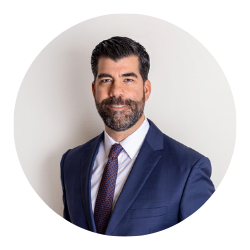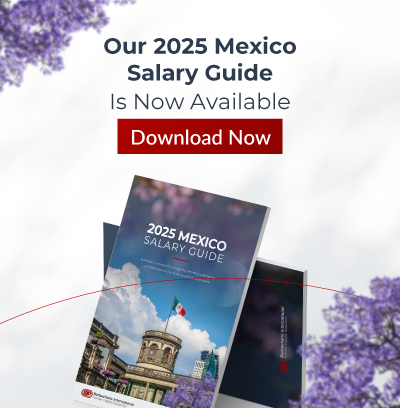
A few months ago, I met a sales director who had turned down three offers in a row, each with a higher salary than his current one. When I asked why, he said, “They sounded great on paper, but I didn’t feel anything.”
That answer stayed with me. Because I hear versions of it all the time. Companies work hard to attract “top talent,” yet the best people often walk away quietly. It’s not that they’re hard to please. It’s that they can sense when something is missing beneath the surface.
Why Strong Performers Walk Away
When high performers lose interest, it’s rarely about compensation. More often, it’s because something feels unclear: the purpose of the role, the team’s direction, or the authenticity of leadership.
I remember speaking with a marketing executive interviewing for a consumer goods company. On paper, it was a perfect match. But she told me, “Every time I asked about how success would be measured, I got a different answer.” She withdrew the next day.
That is the hidden cost of inconsistency. Strong professionals don’t expect perfection; they just want to know what they are walking into. When a company’s message changes depending on who delivers it, trust begins to erode before the first day on the job.
This is also one of the reasons we are seeing more job hugging; when professionals stay in familiar roles, even if better opportunities are available. It is not about lack of ambition; it is a reaction to uncertainty. Many have lived through restructures, layoffs, and leadership changes that made stability feel rare. So when they sense any hint of risk or inconsistency in a new offer, they back down.
For employers, this trend reveals something important. Top talent isn’t rejecting opportunity; they are protecting themselves. They prioritize environments where they can trust leadership and predict what tomorrow might look like. In other words, they are not afraid of change; they are afraid of instability.
What “Top Talent” Really Looks For
Over the years, I have noticed that top performers share similar expectations. They don’t chase titles or trendy perks. They look for clarity, alignment, and leadership that walks the talk. They ask questions like:
- How do decisions really get made here?
- What happens when targets aren’t met?
- How do people grow beyond their initial role?
These are not checklist questions; they are trust tests. They reveal whether leaders communicate honestly, make fair decisions, and create a place where people can do meaningful work.
According to Gallup, employees who trust their leaders are four times more likely to stay engaged and recommend their workplace to others. In my experience, that trust begins long before hiring. It starts when candidates feel that what is said in the interview will hold true once they join.
Culture Speaks Louder Than Strategy
Culture is part of what convinces a great candidate to stay in the process. It is not a slogan or an onboarding video; it is the daily tone of leadership.
When I asked a long-time hospitality executive what kept her loyal to her company, she said, “Here, leaders listen. Even when things get tough, they communicate with honesty.” That is what real culture sounds like: steady, transparent, and human.
When leaders show that kind of consistency, they don’t have to chase talent. People talk. Word spreads. The company naturally becomes a place where others want to work.
From Hiring to Loyalty
Attracting talent is not about headlines or job ads. It is about trust and follow-through. The best organizations treat the hiring process as the first expression of their culture. How candidates are spoken to, how quickly they receive feedback, and how decisions are explained all leave a lasting impression.
In most industries, reputation moves fast. When employees feel respected and supported, they become the strongest ambassadors a company could ask for. Their stories, not slogans, are what attract the next generation of talent.
What Actually Works
So what really makes a company irresistible to strong performers? It comes down to leadership behaviors that cannot be outsourced:
- Be consistent. What is promised during hiring should mirror what is lived every day.
- Lead with honesty. When challenges arise, authenticity builds more trust than perfection.
- Spot potential early. Great leaders don’t just hire stars; they develop them.
- Protect your people. Culture is built through actions, especially in difficult moments.
It Always Comes Back to Trust
When clients tell me they can’t seem to attract top talent, I ask, “Have you built a place people believe in, or just a place people work for?”
That question says everything about leadership today. The best professionals aren’t chasing the company that offers the most. They are drawn to the ones that keep their word, lead with clarity, and make people feel part of something they can trust.
And when they find that, they don’t leave.

By Octavio Lepe
Executive Vice-President
Octavio is the search practice leader for Executive Management, Food & Agriculture, Sales & Marketing, and D&I in the Americas.
Barbachano International is the premier executive search and leadership advisory firm in the Americas (USA, Mexico, Canada, and Latin America) with a focus on diversity and multicultural target markets. Outplacement, Exe


